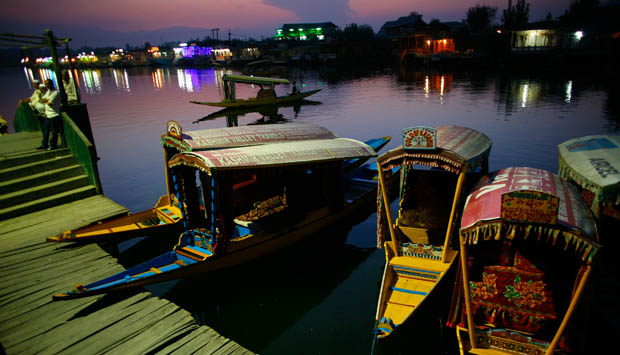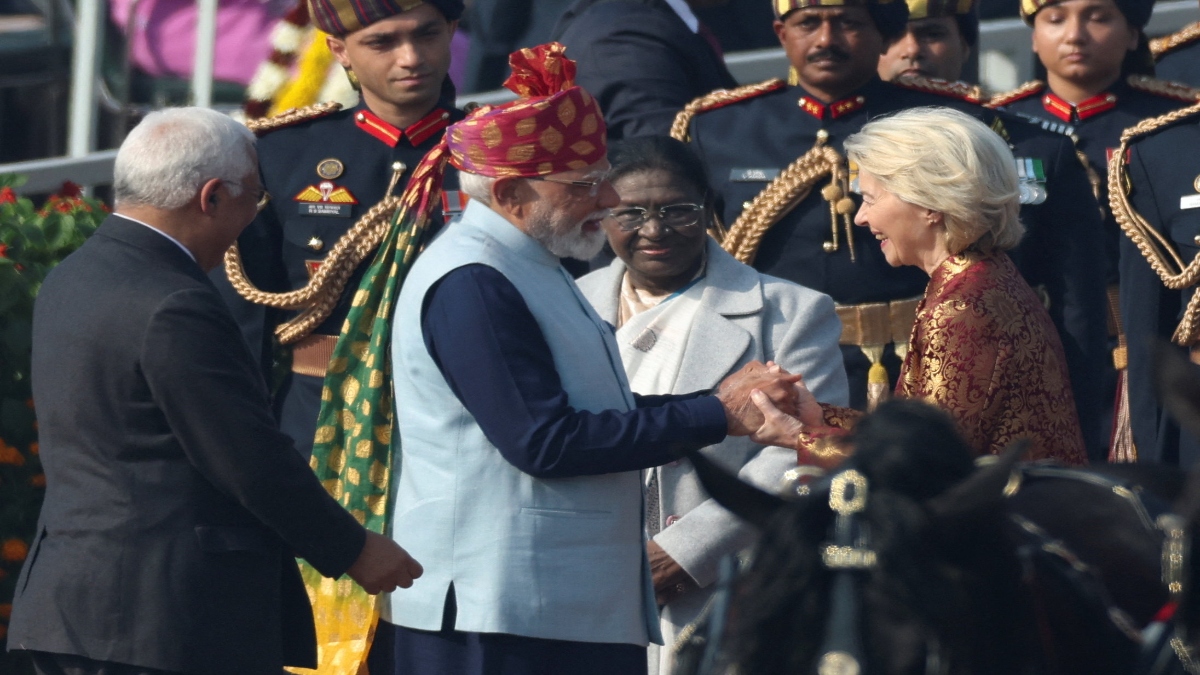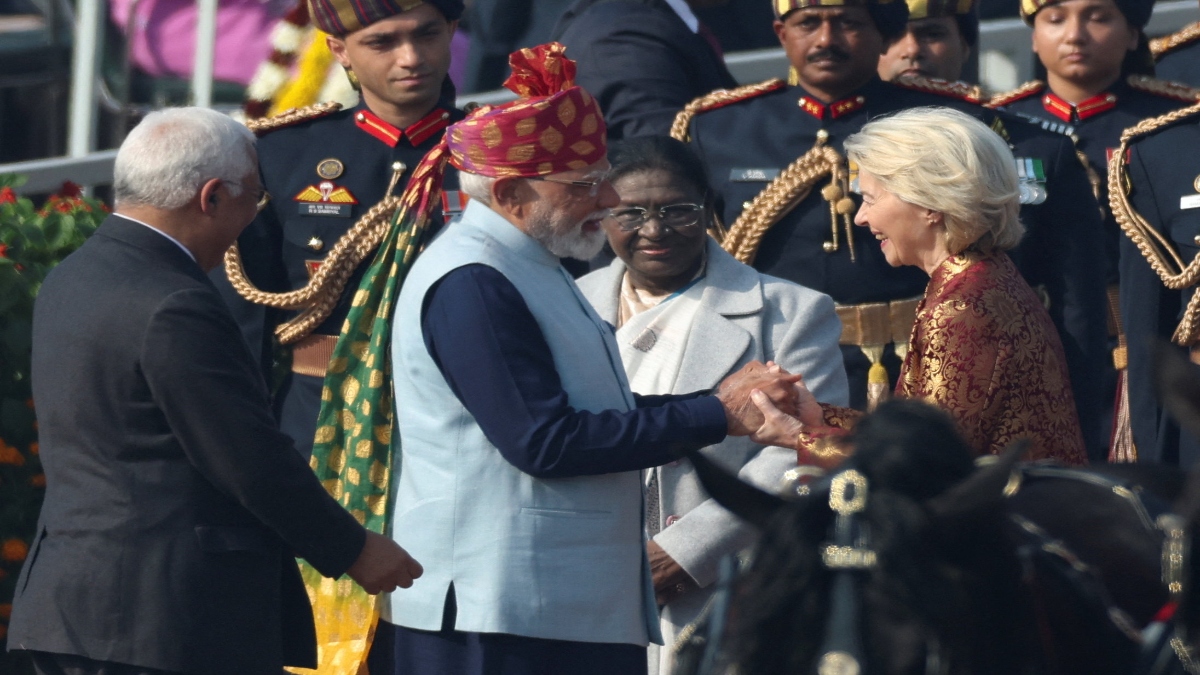India is a well-recognised tourism destination globally. It is, therefore, imperative to ensure the sustainability of its tourism industry. Sustainable tourism is an indispensable global trend and most countries across the world are recognising its significance in their tourism development. Sustainable tourism has two components: first, a sustained increase in the number of tourists spending more time in the destination; and, second, tourism with a focus on responsible tourism.
For promoting sustainable tourism, timely support in the form of policies and guidelines from various layers of government are imperative. Responsible tourism is one which minimises social, economic and environmental impacts and in this context, local authorities’/communities’ role especially for tourism employment generation is vital. Through employment generation, the multiplier effect of tourism development is expected. The successful development of sustainable tourism could be assured only with the participation and cooperation of the relevant stakeholders.
The focus should be on using new management tools and market-based mechanisms to make tourism service more “business like” and improve efficiency with “customer service” focus. This should be substantiated by optimal use of environmental resources that constitute a key element in tourism development, maintaining essential ecological processes and helping to conserve natural resources.
The sustainable tourism approach may focus on key aspects in the long run which include inter alia Indian tourism centres to be promoted with a brand image led by a specific “Destination Management Organisation” (DMO), mainly to address the coordination issues within departments. This needs to be coupled with public and private sectors, promoting responsible tourism in its various destinations. Indian cities are to be developed as “New Transit Cities” with a focus on responsible tourism wherein environment fiscal reforms strategy for sustainable environment and addressing hygiene issues leading to responsible tourism is vital. In this process, revenue generation to sustain tourism infrastructure is mandatory.
When the availability of funds with governments to implement projects are limited, governments look for Public-Private Partnership (PPP) models to implement them. Here comes the importance and application of New Public Management (NPM). PPP initiatives not only save the costs for the government but also inject the much needed private sector efficiency into the government sector domain. While there is a need to create PPP deals, these need to be structured to ensure a win-win for all the stakeholders. Sometimes it is also ambiguous whether the proposed PPP contract is indeed in the PPP domain or not. A PPP construes sharing of a number of entities. These include the capital, working capital, revenue, risk, responsibility, assets and authority.
Quick Reads
View AllDestination management is a broad management process incorporating the principles of NPM, based around ensuring that tourism is beneficial for a particular destination. The many aspects of tourism in the destination such as tours, marketing, local accommodation, tours, events, activities, attractions and transportation are coordinated by DMO. It coordinates the many constituent elements of the tourism product; provides visitor services and the necessary information structure to market the destination in a most democratic way to enhance residents’ well-being. Usually, it is under the jurisdiction of the local, regional or national government and has political and legislative power as well as the financial means to manage the destination’s resources rationally and to ensure that all tourism activities are responsible and sustainable.
Considering that there is inadequate tourism coordination within state government departments as also between public and private sectors, DMO models could be implemented across the country. District-specific DMO can oversee the same for each city and can also be customised to ensure responsible tourism within it.
In addition to the above, the key focus should be on developing Indian centres as ‘new transit cities’ like Singapore wherein more emphasis is to be given to improving ‘mobility’ and ‘accessibility’. Transit-Oriented Development is a solution that may be the best but may not be the optimal one within the period of 10 to 15 years. The concept of Integrated Transport Authority may need to be explored, which integrates different types of buses and modes of transit, including the BRT and metro lines enabling tourist friendliness. It helps the state governments to reorganise the same for improving the quality of services, thereby attracting tourists to public transport. However, care should be taken in setting fares, network planning and timetable coordination, for making public transport more attractive.
The establishment of a comprehensive dynamic traffic model for states to use as the basis for traffic management of the state transport system is necessary. Intelligent Traffic Management Strategy must become a major strategy in the formulation and implementation of states’ Urban Transport Master Plan wherein clear identification of the functions and responsibilities of related governmental authorities and agencies in traffic management is imperative. This may have positive externalities on the tourism sector.
There is a need to create fiscal measures/incentives for making the states’ transport sector more sustainable. To solve the inadequate public financial resources for upgrading tourism facilities, fiscal measures should be adopted. Such incentives and measures could, for example, include reforming fuel prices and taxes across transport sectors, clearly incorporating the environmental and social external costs (e.g. potential for global human health problems caused by pollution). Such fiscal incentives should also support new and more fuel-efficient transport equipment. The non-fiscal reforms for reducing pollution caused by automobiles include inter alia introduction of compressed natural gas (CNG), improvement in petrol and diesel quality and vehicles and emission norms.
There is also a need to invest in sustainable small and medium-size tourism companies. One such example is microcredit financing for local communities in areas with high eco-tourism potential. It is important to establish, wherever necessary, appropriate guidelines and regulations in accordance with national priorities for promoting and supporting sustainable tourism.
The author serves as Deputy Secretary, Government of India. Views expressed are personal.
Read all the Latest News, Trending News,
Cricket News, Bollywood News,
India News and Entertainment News here. Follow us on
Facebook,
Twitter and
Instagram.


)

)
)
)
)
)
)
)
)



